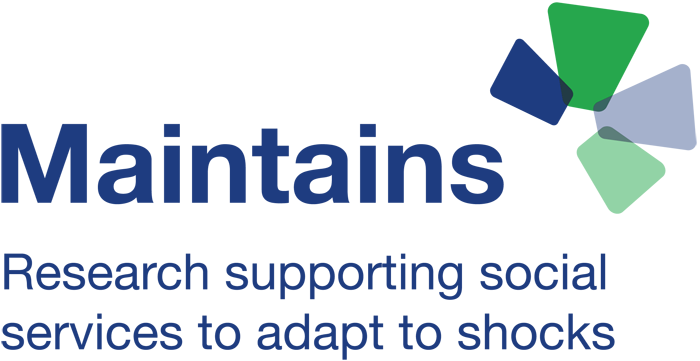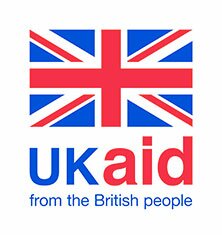In response to the COVID-19 pandemic, in addition to its core research, Maintains has been pivoting activities towards the impact of the pandemic, examining the way health and social protection systems are responding during the crisis, to learn lessons for this and future pandemics. This is an incredibly busy space, with huge numbers of research and opinion pieces being shared every day. In this blog, Shrochis Karki, who authored the Maintains rapid literature review on education and COVID-19, reflects on who is producing and consuming this information, how it is being shared, and how these knowledge flows could better support local and contextually-relevant responses.
The COVID-19 pandemic has been accompanied by a proliferation of opinion pieces, think pieces, synthesis papers, and other knowledge production activities. Even scientific literature is being produced at an unprecedented rate, to the point that may be the only way scientists can keep themselves updated on quality information on the pandemic in the future. While I devoured all news in the first few weeks, I realised within the first month that I had reached a stage of information fatigue and burnout, and I doubt I am the only one. According to the Pew Research Center, seven in ten Americans reported that they need to take a break from coronavirus news, and four in ten felt following the news is making them emotionally feel worse. More than two-thirds of Australians are avoiding all news related to coronavirus.
In the and international development space, every project and every organisation is ramping up its efforts to pivot to be responsive to COVID-19. Game theory is in action, as not documenting and publicising your position and your agility is not an option, given the potentially devastating consequences of losing out to competitors. This is not necessarily a critique of intentions and motivations. There is a genuine to try to find meaning to contribute to alleviate some of this humanitarian crisis. After all, it is estimated that without effective collective action, the world may see “reverse in human development for first time in 30 years”, with poorer countries hit relatively harder by the pandemic’s socio-economic fall out.
At the same time, now more than ever, it is critical to consider not just the supply side of knowledge production, i.e. development industry professionals, but the demand side as well. Who is meant to be using our findings and our synthesis? How will they use them? What forums should we be using to share our findings, and in what ways? And what challenges do subscription-based scholarly communication pose to communities who need to access this information?
It is both urgent and important to study, evaluate, and learn from the social challenges and opportunities arising during and following the pandemic. We must, however, consider at least two aspects for this knowledge production to be worth-while: first, whether we are making a that is currently not addressed effectively in popular discourse; and, second, whether our ideas are reaching a new or different audience to whom these findings could clearly be useful.
Given the current dynamics of international development, knowledge production takes place primarily in the “Global North”; in English; and is discussed and shared through social media platforms. One immediate contribution could be to ensure that these outputs are translated in the local language and published in accessible mass media platforms (including national newspapers and online portals). This would break the language barrier for the general populace to access critical life-saving instructions and could help equip them with mitigation measures to dampen the socio-economic impact that their communities must be facing. After all, we should not assume that policymakers and relevant stakeholders in all countries will be comfortable in the dominant language of knowledge production. This would also help address the current challenge that social science research in particular can often be extractive, with investigation particularly carried out with the general populace, but outputs and dissemination activities targeted primarily at the national or global elite.
We are all trying to learn from the same historical contexts (such as the Ebola outbreaks) to deal with the same crisis (COVID-19), so we should draw on and synthesise existing resources instead of reinventing the wheel, and duplicating time and resources, where possible. The experiences from DRC in 2018 also suggest that setting up new mechanisms in the response phase may result in ‘unhelpful silos’. Despite the much needed to fight against the pandemic, the response and recovery need to be designed . For example, because the civil society in Liberia played an active, empowered role during the Ebola outbreak, it now enjoys increased trust from the public and feels better prepared to tackle the health emergency and the development crisis posed by COVID-19. Knowledge production and dissemination should also follow a partnership model that draws on the global discourse but is inclusive of national and local stakeholders to help them respond effectively now and be better prepared for future shocks.
Dr Shrochis Karki is Senior Consultant and Education Systems Lead for OPM.
This blog draws from the lessons learned as part of a Maintains literature review on the impact of past disease outbreaks on education systems.



